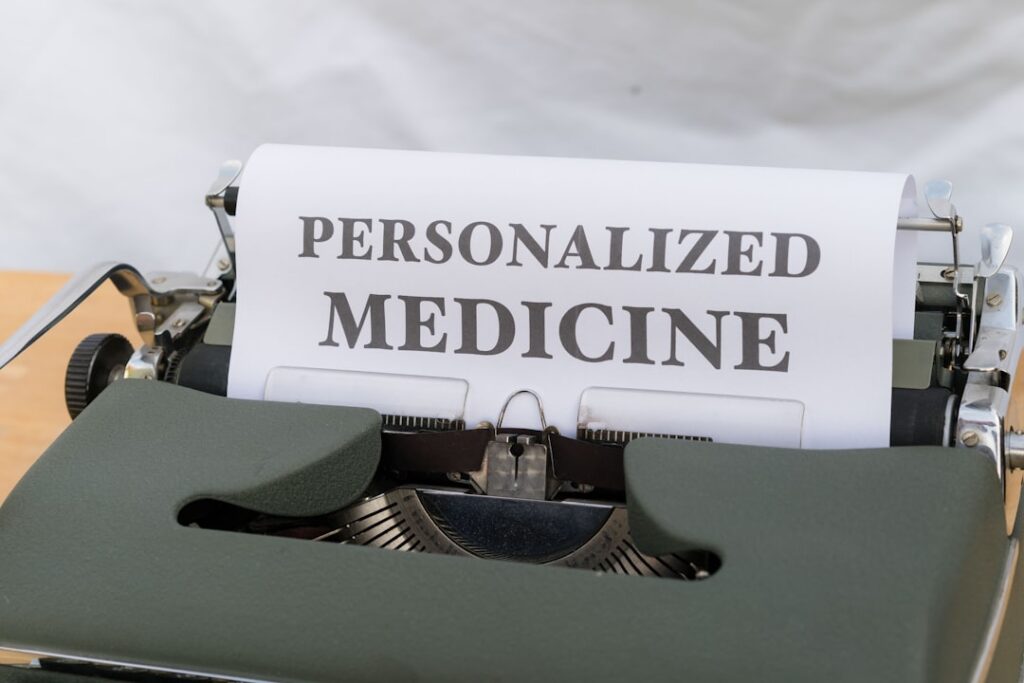Social media has become an undeniable part of modern life, offering connection, information, and entertainment. However, its pervasive nature also presents significant challenges to our mental health. The constant stream of curated content, often portraying unrealistic ideals, can negatively impact self-esteem and well-being. Understanding how social media affects our mental health is the first step towards protecting ourselves.
Understanding the Impact of Social Media
The Comparison Trap
One of the biggest pitfalls of social media is the constant comparison with others. We see meticulously crafted images and highlight reels, often failing to recognize the carefully curated nature of these posts. This leads to feelings of inadequacy, envy, and low self-worth. Remember that what you see online is rarely the full picture.
Cyberbullying and Online Harassment
The anonymity afforded by the internet can embolden negative behaviors. Cyberbullying and online harassment are serious issues that can have devastating consequences for mental health. Experiencing these forms of abuse can lead to anxiety, depression, and even suicidal thoughts. It’s crucial to seek support if you are experiencing such abuse.
Fear of Missing Out (FOMO)
The constant updates and notifications on social media can fuel a sense of FOMO – the fear of missing out. This feeling can lead to anxiety and a compulsion to constantly check social media, disrupting sleep, productivity, and relationships. Learning to disconnect is vital for managing FOMO.
Addiction and Time Management
Social media platforms are designed to be addictive, employing tactics to keep us engaged for longer periods. Excessive use can lead to neglecting real-life responsibilities and relationships, ultimately impacting mental well-being. Setting boundaries and managing time wisely is crucial to preventing social media addiction.
Protecting Your Mental Health: Practical Strategies
Curate Your Feed
Take control of your social media experience. Unfollow accounts that trigger negative emotions or promote unrealistic comparisons. Follow accounts that inspire you, promote positivity, and offer valuable information instead.
Limit Your Screen Time
Set specific times for checking social media and stick to them. Put your phone away during meals, before bed, and while engaging in other activities. Consider using apps that track and limit your screen time.
Practice Mindfulness and Self-Compassion
Engage in activities that promote mindfulness, such as meditation or yoga. Practice self-compassion by acknowledging your worth and treating yourself with kindness. Remember that social media is not a reflection of reality.
Seek Support When Needed
Don’t hesitate to reach out for help if you are struggling with your mental health. Talk to a trusted friend, family member, or therapist. Many online resources and support groups are also available.
Prioritize Real-Life Connections
Social media should complement, not replace, real-life interactions. Nurture your relationships with friends and family through in-person activities. Strong social connections are crucial for mental well-being.
Remember It’s a Highlight Reel
It’s important to remember that what you see on social media is often a carefully curated highlight reel. People rarely share their struggles and imperfections online, leading to unrealistic expectations and comparisons. Focus on your own journey and celebrate your unique strengths.
Protecting your mental health in the digital age requires conscious effort and self-awareness. By implementing these strategies and prioritizing your well-being, you can navigate the complexities of social media and cultivate a healthier relationship with technology.




